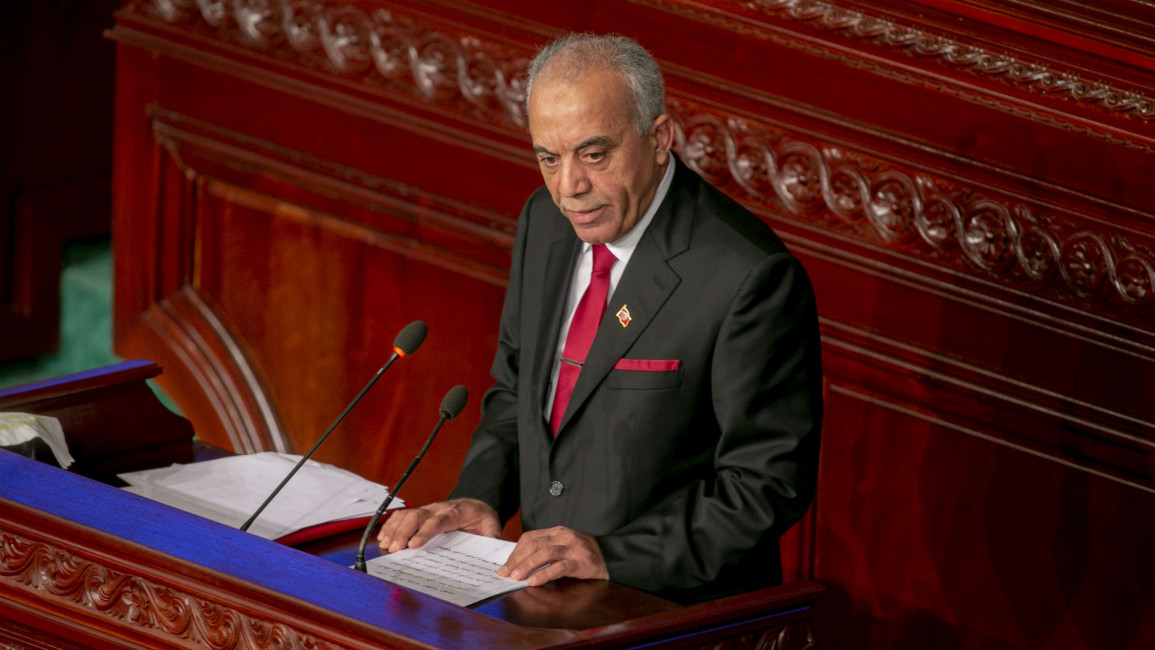Ennahda proposes road map to lead Tunisia out of political deadlock
An official close to Tunisia's Ennahda Party proposed a road map to the president on Thursday to help the country out of its current crisis.
Habib Jemli, who Ennahda proposed to become prime minister in 2019, presented a plan which consists of 11 stages. It begins with the formation of a "rescue" government and the resumption of parliament.
Jemli stated that it aims to help formulate the conditions for a way out of the country's political crisis "without retreating from democracy".
On 25 July, Tunisian President Kais Saied sacked Prime Minister Hichem Mechichi and dismissed the parliament, lifting immunity for MPs, and sending tanks and soldiers to close the parliament building.
The move was considered by the Islamist Ennahda party to be a "coup", while others have described it as a power grab.
Since then "the country has been living in a state of vacuum and anticipation… with caution and fear for the country’s future in the absence of a clear vision", Jemli's proposal said.
"It has become urgent and necessary to develop a practical road map to get the country out of the current situation and (start) with effective reforms using… the bare minimum of democratic practices, around which all parties meet," it continued.
Jemli said that parliament should be reformed from the role it played before 25 July, when the Saied dissolved the body and fired the prime minister.
He said he would help in forming a constitutional court and review of the electoral system, the laws governing political parties, as well as the parliament's internal system.
Jemli’s roadmap also included electing a new speaker of parliament to guarantee an "honourable exit" for Rached El-Ghannouchi and securing a vote of confidence for the new cabinet.
An economic and social dialogue would also be organised, under Saied's supervision, to determine options for rescuing the country from its current crisis.
This would run parallel with organising a political dialogue, also overseen by Saied, to agree on a number of legislative initiatives aimed at reforming the current political system.
The agreement reached on both dialogues would both be ratified by the government and parliament, Jemli has suggested.



